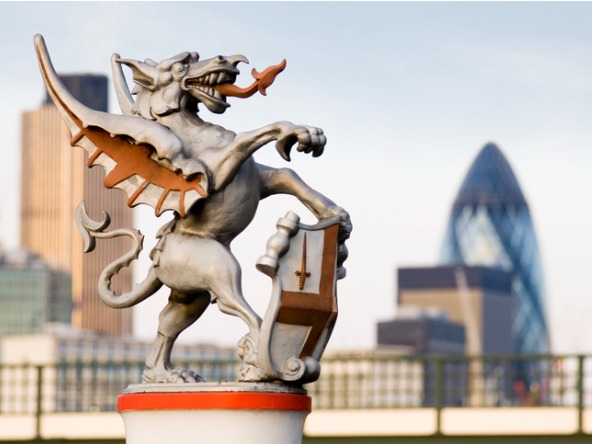Lorna Tilbian: Life lessons

When it comes to the stock market, there is nothing new under the sun and history simply repeats itself with a twist. ‘It is different this time’ are the five most expensive words in the investment lexicon.
The year 1984 started with the flotation of global news agency and financial information group Reuters, and closed with the privatisation of telecommunications giant BT Group. In between, all the talk was of the summer Olympic Games in Los Angeles. It all seems a long time ago, with many lessons learned since, but things haven’t really changed in the markets, mainly because human nature hasn’t changed since the dawn
of time.
- Supply and demand: It started with the Romans and not much has changed. More buyers than sellers and the share price goes up; more sellers than buyers and it goes down. Simple.
- Fear and greed: These human emotions drive the supply and demand equation. Greed prevails at the top of the economic cycle, when buyers see eternal growth, and fear at the bottom, when sellers see only endless valleys of despair. So, shares get overbought and oversold. Occasionally, the pendulum swings to the middle and equities are priced about right and wildly oscillating human emotions are kept
in check. - Fad and fashion: Whether it’s the dotcom boom and bust of the late 1990s and early noughties, big tech’s recent pandemic bubble, or the current artificial intelligence hype, markets react to the new and different like over-excited teenagers. Share prices are driven to the moon and back. Often, they end up in the gutter and join the 90% club. The best companies, however, soar back up again over time. Patience is the answer.
- Bull vs bear: Investors ignore bad news in a bull market and good news in a bear market, so it’s important to stay grounded and let common sense prevail: bad news is ultimately bad for share prices and good news is ultimately good for them. Reality will be reflected in the valuation, eventually.
- Climbing a wall of worry: Markets climb a ‘wall of worry’, recovering gradually as the bad news fades and the good news shows tentative glimmers. The darkest hour is just before dawn. Interestingly, markets begin to rise when things stop getting worse, not when they actually (and noticeably) recover.
- All that glitters is not gold: The US market is not the panacea to the ills of the London market. Of the 20 UK companies raising more than $100m (£80m) that have floated in the US over the past 10 years, excluding special purpose acquisition companies, eight have delisted and only three are trading above their initial public offering price, according to the LSE. The rest are trading down by an average of 71%.
- Growth vs value: These are two sides of the same coin, with growth in the early life-cycle of a company usually alongside an upturn in the economy. Best to hold defensive and lowly priced value stocks in a recession and highly valued go-go growth stocks in an economic upturn. It ain’t rocket science.
- Concentration creates a fortune, diversification preserves it: Most entrepreneurs make their fortune by obsessively focusing on their business and then diversify the proceeds to preserve it. Don’t put all of your eggs in one basket.
- Up on an escalator and down in an elevator: In normal market conditions, shares move up in a measured fashion – like an escalator – as they grow their earnings, but come racing down in an elevator if they issue profit warnings and investors bail out. Invariably, human nature is too optimistic at the start of the downward journey and too pessimistic towards the end.
- The price-earnings ratio: The best management teams under-promise and over-deliver so the market is always surprised on the upside. Outperform earnings (E) expectations and, in turn, share prices (P) outperform. If companies look after the ‘E’ in P/E, the market will always look after the ‘P’.
Fast forward 40 years, to 2024 – what’s the talk as we approach the summer Olympic Games in Paris? Happily, it’s good news; the FTSE 100 recently hit an all-time high of 8455, UK gross domestic product grew 0.6% in the first quarter, dragging us out of recession, and inflation recently dropped to the Bank of England’s 2% target, which could pave the way for two interest rate cuts by the end of the year.
It is too soon to call the next bull market, but it does appear that the worst is over. But don’t forget the 10 simple lessons.

We hope you enjoyed this article.
Research Live is published by MRS.
The Market Research Society (MRS) exists to promote and protect the research sector, showcasing how research delivers impact for businesses and government.
Members of MRS enjoy many benefits including tailoured policy guidance, discounts on training and conferences, and access to member-only content.
For example, there's an archive of winning case studies from over a decade of MRS Awards.
Find out more about the benefits of joining MRS here.














0 Comments